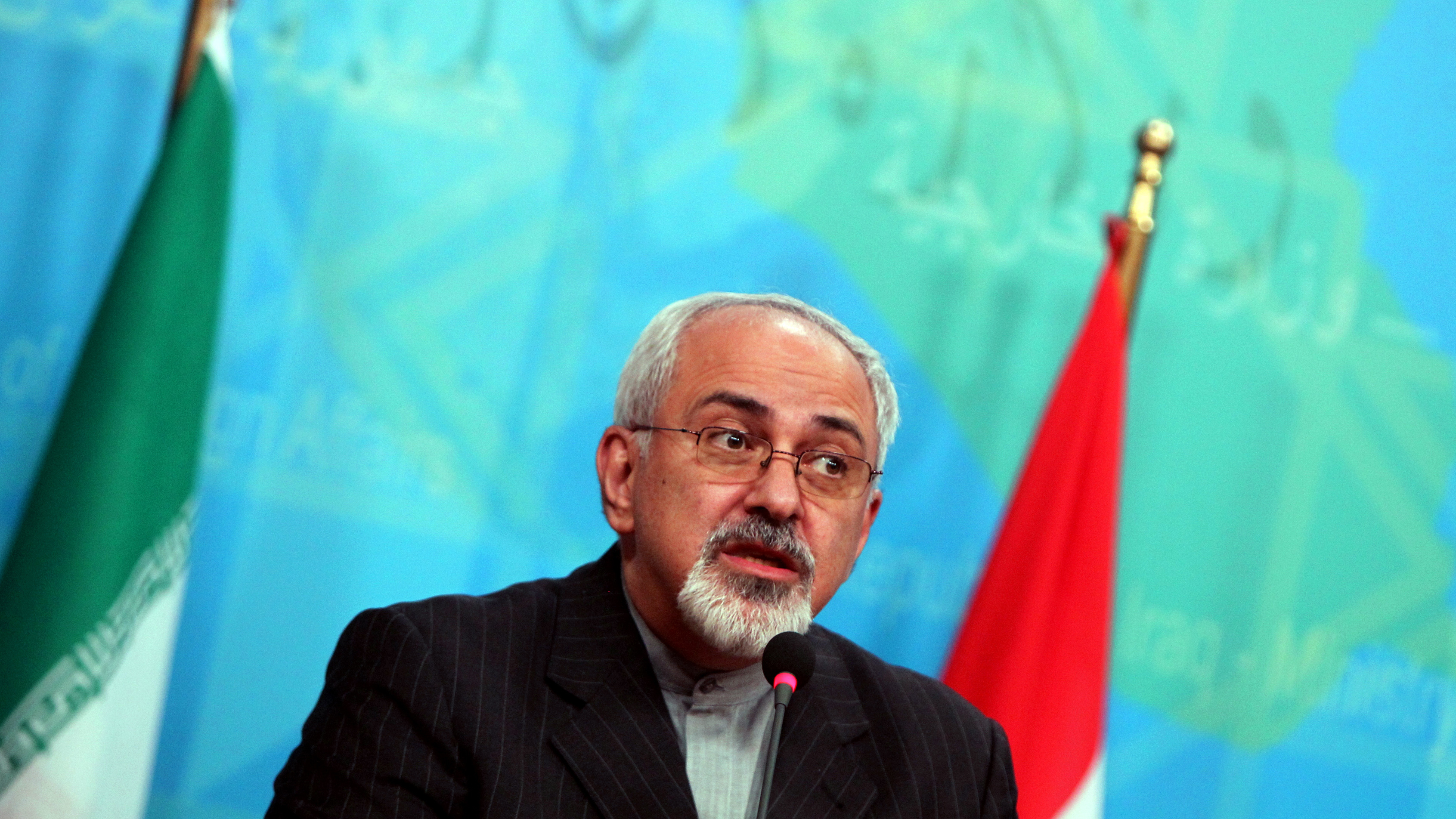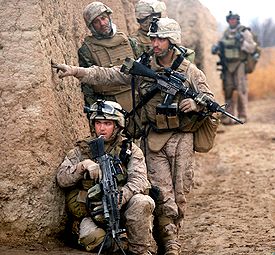Prior to ceding the podium to Mohammad Javad Zarif, then Iranian envoy at the United Nations in October 2005, Bob Einhorf introduced Zarif with the following words about his Iranian colleague, “Ambassador Zarif has earned the reputation at the U.N as being one of New York’s most talented, most effective diplomats. Americans who have worked with him hold him to the highest regard.”
Nearly nine years later, President Hassan Rouhani appointed Zarif to head Iran’s foreign ministry, the apparatus responsible for executing Iranian foreign policy. Over the past decade, Zarif had been one of the most vocal supporters of dialogue between Iran and the United States.
In the months following Zarif’s nomination as Iran’s next foreign minister, many were quick to label the appointment as an “olive branch” to the United States. Zarif was in their good books.
Javad Zarif has spent his career as a diplomat, having assumed several roles in the upper echelon of Iran’s foreign ministry following his time at the University of Denver. Prior to his appointment to the United Nations in 2002, Zarif spent a decade as the Deputy Foreign Minister for Legal and International Affairs.
During his tenure at the United Nations in New York (2002-2007), Zarif was an active negotiator on behalf of Iran and was well respected within the diplomatic community. Despite the seemingly tensing environment, he continued to encourage dialogue between the two governments. Zarif was dedicated to dispelling common misconceptions about the regime and its objectives. He represented Iran as a country uninterested in a nuclear weapons program and one in deep pursuit of regional stability in order to achieve its economic objectives.
While in New York, Zarif’s pragmatic style of diplomacy impacted many politicians who currently hold positions of power, and his presence has the possibility of providing a stabilizing effect to negotiations. In a revealing piece in 2007 by Robin Wright for the Washington Post, Chuck Hagel, Harry Reid, and Joe Biden revealed a certain liking for Zarif.
One year prior to becoming Barack Obama’s running mate, Joe Biden said the following of Ambassador Zarif, “he can play an important role in helping to resolve our significant differences with Iran peacefully.”
After “procedural” obstacles prevented him from speaking at a U.N Security Council meeting in 2006, Zarif held a press conference to announce that Iran “is allergic to pressure and intimidation and will not respond to that.”
In a 2006 op-ed in The New York Times, Zarif wrote that between the summers of 2004-2006, his Iranian delegation made eight proposals to their European counterparts regarding the nuclear dossier, despite misconceptions that Iran was not interested in a diplomatic solution.
Iranian policy objectives have not been subject to any radical changes under Rouhani and Zarif’s administration, but there have been changes in the conduct and approach to foreign policy that has contributed to successive deals with both the International Atomic Energy Agency (IAEA) and the P5+1 members.
On the ground, realities remain unchanged – the Iranian government maintains its right to a peaceful nuclear program in accordance with the Non-Proliferation Treaty, insisting that misconceptions continue to fuel hostile policies towards the Islamic Republic.
Zarif’s negotiating team has instead embarked upon several diplomatic tours to nearly all of Iran’s neighbors and rebuilt ties with European leaders that had been severed during the previous administration.
Aside from appearances in traditional media outlets such as opinion editorials or television interviews, the Rouhani administration also embraced social media as a diplomatic tool to counter efforts to undermine talks and perpetuate anti-Iranian sentiments.
They want to spread Iranophobia to scare our neighbors, regional states& d world. We want to tell d world that we are not a danger to anyone
— Hassan Rouhani (@HassanRouhani) February 5, 2014
Happy Rosh Hashanah
— Javad Zarif (@JZarif) September 5, 2013
A peaceful and diplomatic resolution to the Iranian nuclear crisis has become a pillar of Barack Obama’s foreign policy initiatives, particularly during his second term. As a presidential candidate, Obama supported direct dialogue with the Iranians and followed through by initiating a phone call between Rouhani and himself last September.
As top diplomat and conductor of Iranian foreign policy under President Rouhani, Javad Zarif is tasked with articulating the Iranian perspective as he does in the following excerpt from an essay entitled What Iran Really Wantsin the latest issue of Foreign Affairs magazine.
[quote align=”center” color=”#000000″]”Prudent moderation is an approach based on realism, self-confidence, realistic idealism, and constructive engagement. Realism requires an understanding of the nature, structure, mechanisms, and power dynamics of the international system and of the potential and limits of its institutions. Rouhani’s moderation brings together a profound conviction in the cherished ideals of the Islamic Revolution with an objective evaluation of Iran’s actual capacities, capabilities, and constraints. It demands a deliberate aversion to actions that are insulting, condescending, or self-aggrandizing. It promotes self-confidence based on an understanding of Iran’s material and moral resources, including the collective wisdom of its citizenry. It values accountability, transparency, and honesty in dealing with the populace and implies a willingness to reform and improve existing policies.”[/quote]
In the text, Zarif reveals what he currently sees as “an historic opportunity” for Western governments and Iran to establish lasting relations based on cooperation and mutual respect. It seems suitable that Zarif, who for a large part of his academic and professional life called the United States home, would endeavor to bridge gaps between the two estranged powers.





